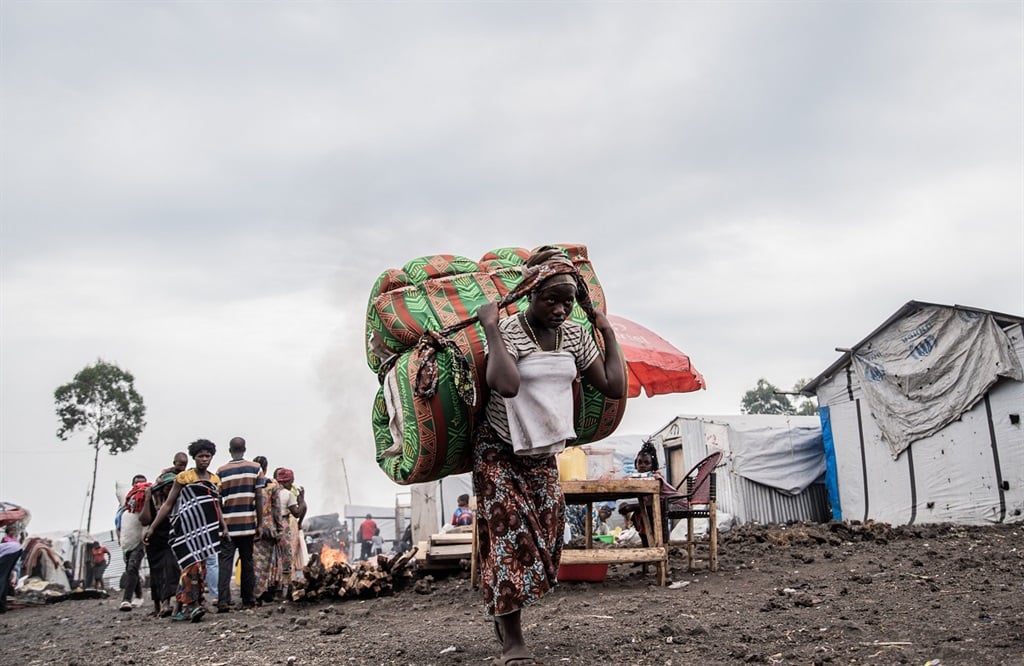 Tensions between Burundi and Rwanda have escalated dramatically as Burundian authorities issued a stern warning, threatening military action against their northern neighbor. This comes amid worsening conflict in eastern Democratic Republic of Congo (DRC), where regional rivalries and militia activities continue to destabilize the region.
Tensions between Burundi and Rwanda have escalated dramatically as Burundian authorities issued a stern warning, threatening military action against their northern neighbor. This comes amid worsening conflict in eastern Democratic Republic of Congo (DRC), where regional rivalries and militia activities continue to destabilize the region.
In a recent statement, Burundi’s government accused Rwanda of supporting rebel groups operating in eastern DRC, particularly the RED-Tabara militia, which has been blamed for cross-border attacks on Burundian soil. Burundian officials claim that Rwanda is providing logistical and military support to the group, allegedly using eastern Congo as a base to launch destabilizing operations.
Burundi’s Minister of Interior, Security, and Community Development, Martin Niteretse, did not mince words in his warning: We will attack. We will not hesitate to defend our country and our people. If Rwanda continues to support these terrorist elements, we will be forced to act decisively, Niteretse declared during a security briefing in Bujumbura.
This statement marks one of the strongest warnings from Burundi in recent years, raising concerns of a potential military confrontation between the two nations.
Rwanda has firmly denied Burundi’s accusations, calling them baseless and politically motivated. Kigali has long maintained that it does not support any armed groups in the DRC and instead accuses Burundi of harboring anti-Rwandan forces, including the FDLR—a militia linked to the perpetrators of the 1994 Rwandan genocide.
A Rwandan government spokesperson responded to Burundi’s threats, stating: These allegations are unfounded and meant to shift blame for the ongoing crisis in eastern DRC. Rwanda remains committed to peace and regional stability.
Rwandan officials have also warned that any military provocation from Burundi would have serious consequences. The escalating tensions between Burundi and Rwanda are unfolding against the backdrop of the worsening security situation in eastern DRC, where multiple armed groups are engaged in violent clashes.
The primary conflict involves the resurgence of the M23 rebel group, which Kinshasa accuses Rwanda of backing a claim Rwanda denies. At the same time, Burundi has deployed troops in the region as part of the East African Community Regional Force (EACRF) but has been accused of pursuing its own security interests. The presence of multiple armed actors, including Congolese forces (FARDC), the United Nations peacekeeping mission (MONUSCO), and regional troops, has made the situation increasingly complex. Meanwhile, diplomatic efforts to resolve the crisis have yielded little progress.
Burundi’s Military Build-up
Burundian authorities have reportedly increased military deployments along the Rwandan border in response to what they call persistent security threats. Military convoys and reinforcements have been observed in key border areas, raising fears of a possible armed confrontation. Analysts suggest that Burundi’s aggressive stance is part of a broader regional struggle for influence in eastern DRC, where various countries, including Uganda and Rwanda, have historically been involved in proxy conflicts.
The African Union (AU) and East African Community (EAC) have expressed concern over the growing hostility between Burundi and Rwanda, urging both nations to engage in dialogue rather than escalate tensions.
UN Secretary-General António Guterres has also called for restraint, warning that any direct military conflict between Burundi and Rwanda could further destabilize an already fragile region. The United States and European Union have also weighed in, calling for diplomatic engagement to prevent a broader conflict.
As tensions rise, the possibility of military action remains uncertain. However, experts warn that any confrontation between Burundi and Rwanda could trigger a wider regional conflict, further exacerbating the humanitarian crisis in eastern DRC. Both countries have a history of strained relations, and while past diplomatic efforts have prevented full-scale war, the current situation appears more volatile than ever. The coming weeks will be crucial in determining whether diplomacy can prevail or if the region is heading toward a dangerous new chapter of conflict.

